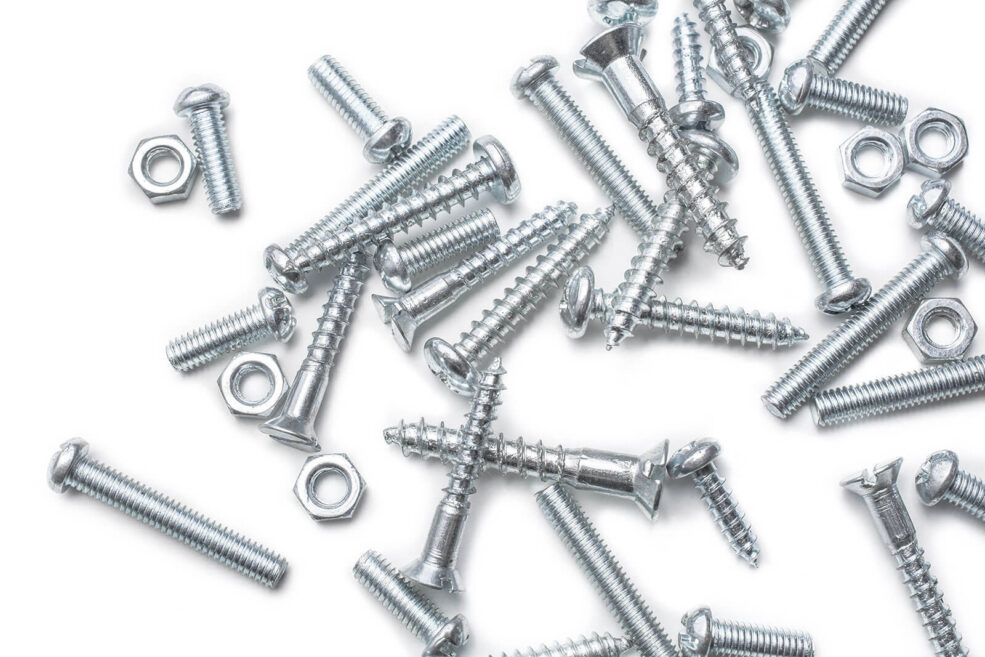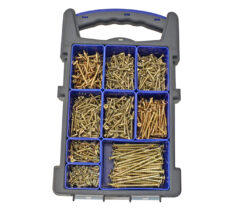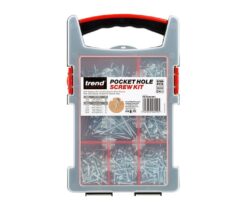When it comes to engineering and construction, the importance of using high-quality fasteners cannot be overstated. These small components play a crucial role in ensuring the safety, durability, and efficiency of various projects. Here are some key benefits of investing in high-quality fasteners:
1. Enhanced Durability and Longevity
High-quality fasteners are made from robust materials such as stainless steel or corrosion-resistant alloys. These materials are designed to withstand harsh environments and demanding applications, reducing the need for frequent replacements and maintenance. This durability ensures that your projects remain secure and functional for longer periods.
2. Improved Safety and Risk Mitigation
Using inferior fasteners can compromise the safety of a structure, leading to potential failures and accidents. High-quality fasteners undergo rigorous testing and adhere to industry standards, providing assurance that they can handle the intended loads and conditions. This reduces the risk of accidents, breakdowns, and unexpected disassembly, protecting both people and assets.
3. Superior Performance and Efficiency
Reliable fasteners ensure proper alignment and secure connections, which are essential for the optimal performance of any structure or machinery. By choosing high-quality fasteners, you can enhance the overall efficiency of your projects, leading to better outcomes and higher customer satisfaction.
4. Cost-Effectiveness in the Long Run
While high-quality fasteners may have a higher upfront cost, they offer significant savings in the long run. Their durability and reliability mean fewer replacements and less maintenance, ultimately reducing overall project costs. Investing in quality fasteners is a smart financial decision that pays off over time.
5. Compliance with Standards and Specifications
High-quality fasteners are manufactured to meet stringent standards and specifications, ensuring consistency and reliability. This compliance is crucial for industries where precision and safety are paramount, such as aerospace, automotive, and construction.
By prioritizing high-quality fasteners, you can ensure the success and longevity of your projects. At Evo Engineering Supplies, we offer a wide range of top-notch fasteners to meet your specific needs. Contact us today to learn more about our products and how they can benefit your business.
For more information, advice or to place an order contact us today by email or phone.




